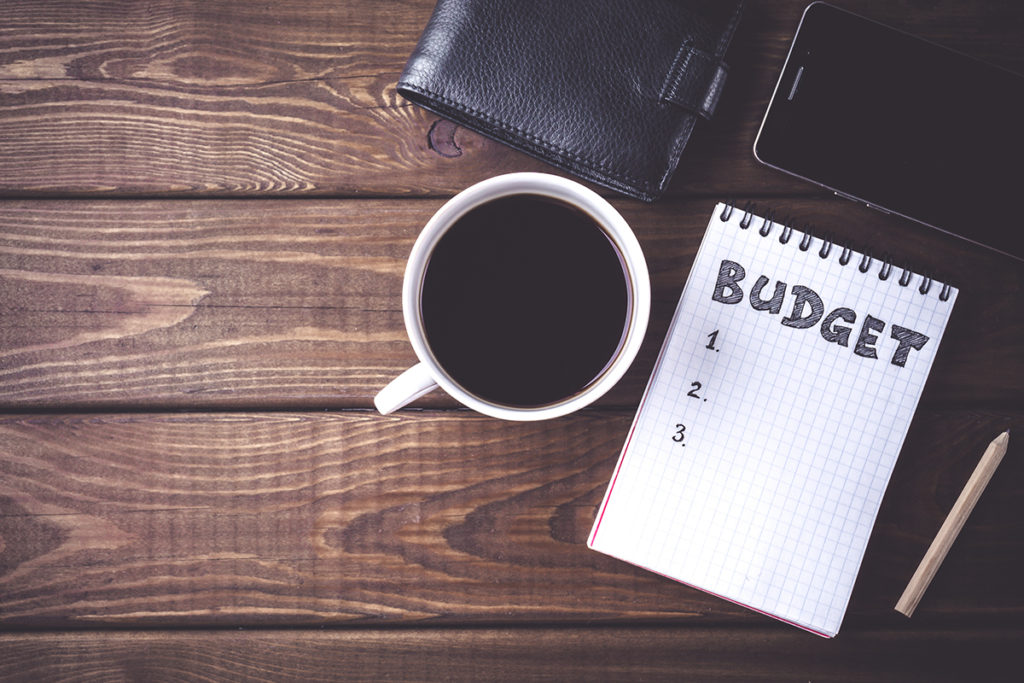Budgeting lies at the foundation of every financial plan. You need to know where your money is going if you want to maintain a handle on your finances, especially during this pandemic.
With economic uncertainty continuing to mount, there are still ways on how to keep your finances in order and maybe even after that.

Despite the uncertainty of how the pandemic will affect your financial planning in the long term, there are steps you can take to build financial security for yourself and your family.
Create a workable family budget
Creating a workable family budget can be difficult, and it’s sometimes hard to know exactly where the money is going.
Categorize your budget expenses and strategically spend your money.

Rule of thumb: 50% of your income goes to necessities, 30% is for personal wants like entertainment, and then finally, 20% is allocated towards your financial goals like paying off debts and insurance investments.
Making a family budget can be made easier with the Budget Planning Calculator. This free tool will help you to see where your money is going, and how you can save for the future.
It’s important at this time to take a few hours to think about how you can protect the future of your family, no matter what happens.
Reconsider your debt strategy
If you have a car or home loan; or even a credit card, for that matter, the amount you pay back each month reflects principal and interest payments applied toward the cost of purchases.

What is the best strategy for paying off debt?
Here’s how it works:
Step 1: Make the minimum payment on all of your accounts.
Step 2: Put as much extra money as possible toward the account with the highest interest rate.
Step 3: Once the debt with the highest interest is paid off, start paying as much as you can on the account with the next highest interest rate
Although it might feel overwhelming, you can tackle any debt the same way: one step at a time.
If possible, invest more.
If you can afford it, consider contributing more to your retirement savings and other investment accounts.

Investing is the process of putting your money to work for you. It can typically make more money for you than the interest you might earn in a savings account when done properly.
Investing is important, to make your money work for you. You work hard for your money and your money should work hard for you. Investing is how you take charge of your financial security.
It allows you to grow your wealth but also generates an additional income stream if needed ahead of retirement.

Health is the top priority during this unrestrained period. But for Filipinos living paycheck-to-paycheck, the abrupt loss of income brings heavy financial strain. While, indeed, a crisis, you can still be in control of other matters, like your personal budget.
When you decide to change your spending habits, you’re preparing a better future for yourself.
Cutting back on certain expenses altogether might not be an ideal situation, but if it means staying financially afloat during this crisis. Then, by all means, save away.
It’s also important to prepare for anything financially, so you can make sure that the life you’ve built for your family is secure.

